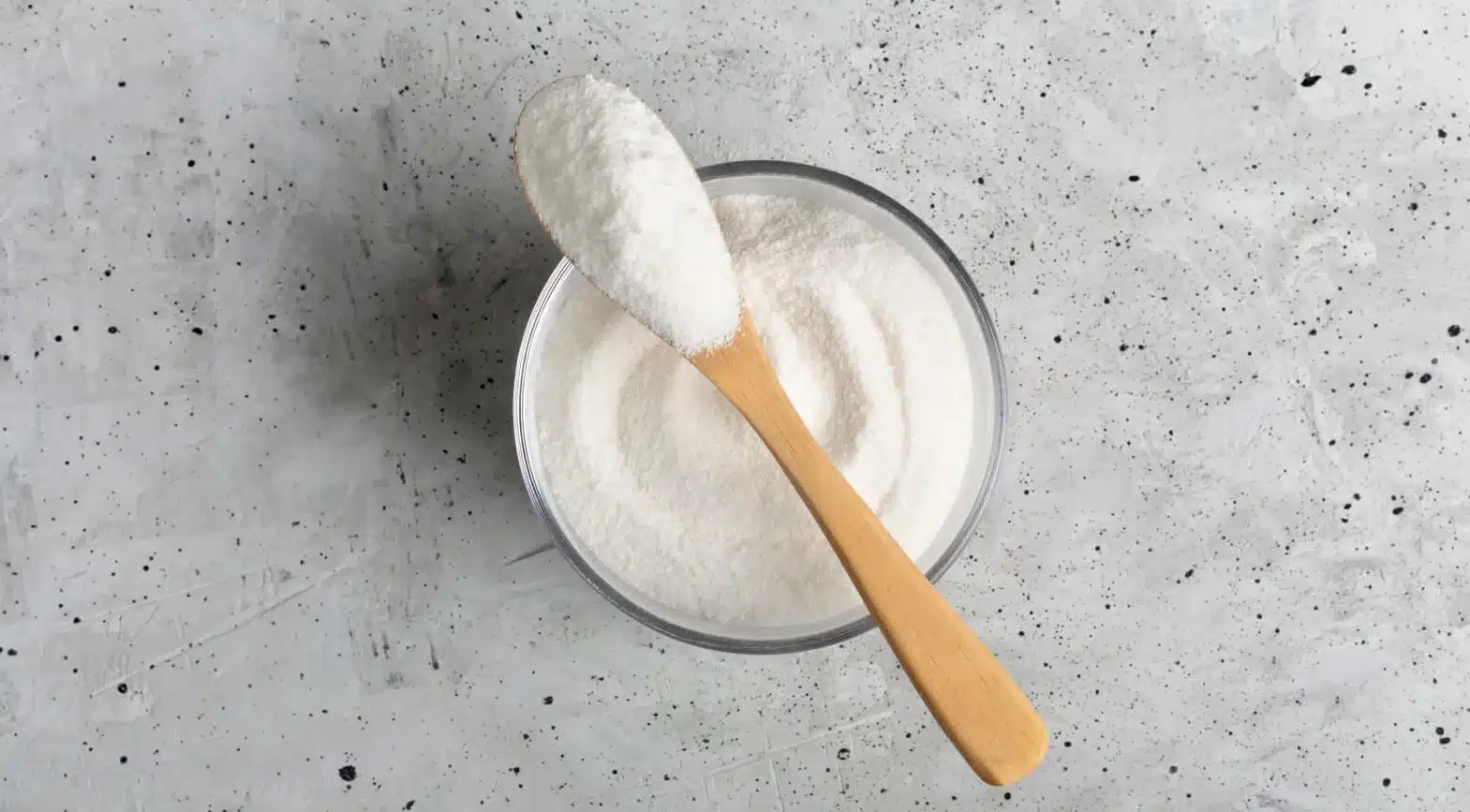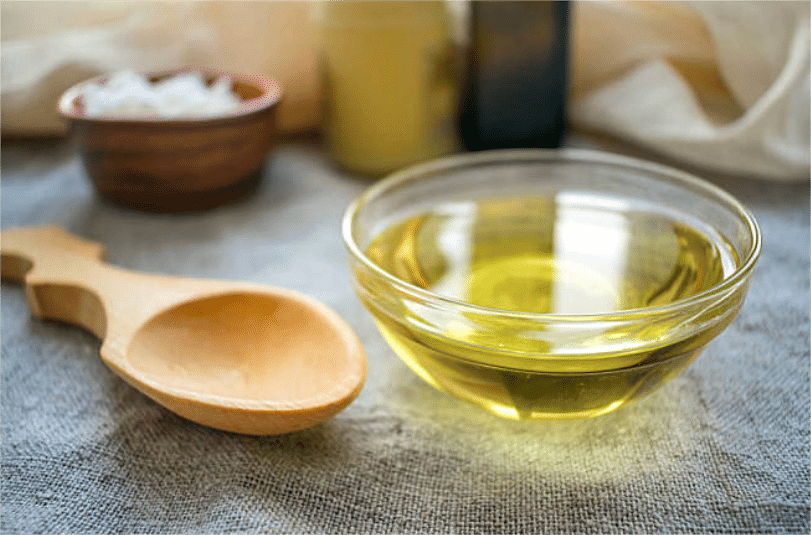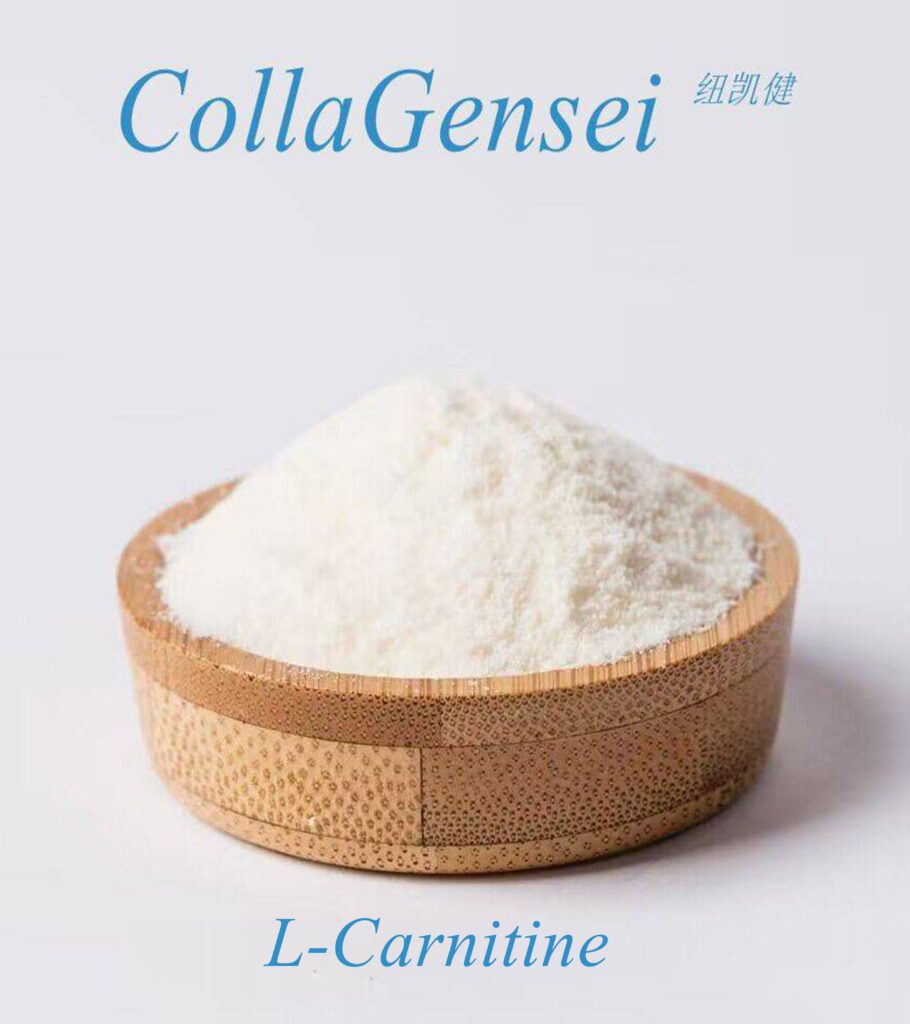In the fast-evolving world of health and wellness products, collagen has cemented its status as a cornerstone ingredient. As businesses increasingly seek ways to enhance their product offerings and meet consumer demand, it’s crucial to understand the subtleties between various forms of collagen. Among these, hydrolyzed collagen and collagen peptides stand out, each boasting unique properties and applications. In this article, we will dive deep into a detailed comparison of hydrolyzed collagen and collagen peptides, examining their efficacy, safety, production processes, and market applications to help B2B clients make informed procurement decisions.
What Are Hydrolyzed Collagen and Collagen Peptides?
To kick things off, let’s establish what we’re dealing with. Hydrolyzed collagen and collagen peptides are closely related, but they aren’t exactly the same thing.
- Hydrolyzed Collagen: This is collagen that has undergone hydrolysis, a process that breaks down collagen into smaller peptides, making it easier for the body to absorb. Hydrolyzed collagen is often sourced from animal products, such as bovine or marine sources.
- Collagen Peptides: These are essentially the same as hydrolyzed collagen in terms of their composition, as they are both broken-down forms of collagen. However, “collagen peptides” typically refers to the final product that is marketed directly to consumers, emphasizing its ease of use and bioavailability.
Basic Information:
- Aliases: Hydrolyzed type I collagen, collagen hydrolysate
- Latin Name: Bovine – Bos taurus, Marine – various fish species
- CAS Number: Hydrolyzed collagen – 9064-67-9; Collagen peptides – 9064-67-9
- Production Standards: Generally accepted food safety standards, adhering to Good Manufacturing Practices (GMP).
- Appearance: Fine white or light yellow powder
- Taste: Neutral, making it easy to incorporate into various products.
Historical Context: The Birth of Collagen Supplements
Both hydrolyzed collagen and collagen peptides have seen a surge in popularity over the past two decades, driven by increased awareness of their benefits for skin, joints, and overall health. Research teams worldwide have focused on studying collagen and its benefits for aging populations, athletes, and beauty enthusiasts. The utilization of these collagen forms dates back centuries in various traditional medicines but became more formalized with scientific research in the late 20th century.
Water Solubility and Physical Properties
One key characteristic of both hydrolyzed collagen and collagen peptides is their exceptional water solubility. This trait allows these protein sources to be easily incorporated into beverages, powders, and food products without affecting taste or texture.
Common Uses and Market Applications
The versatility of hydrolyzed collagen and collagen peptides makes them suitable for numerous applications:
- Nutritional Supplements: Widely used in powders, capsules, and bars aimed at enhancing beauty from within or supporting joint health.
- Functional Foods: Added to snacks, beverages, and protein shakes to fortify nutritional profiles.
- Cosmetic Products: Incorporated into creams, serums, and masks for its skin-rejuvenating properties.
Production Processes: How Are They Made?
The production of hydrolyzed collagen and collagen peptides involves a series of steps that are critical to their effectiveness and quality:
- Source Selection: Both types are derived from animal sources (bovine, marine, or porcine). Sourcing can significantly impact the final product’s quality and effectiveness.
- Hydrolysis: This is the key step where the collagen is enzymatically broken down into smaller peptides. This increases bioavailability, making it more accessible for the body.
- Drying and Milling: Once hydrolyzed, the product is dried and milled into powder to ensure proper texture and solubility.
Benefits and Health Effects
Hydrolyzed Collagen Benefits:
- Supports skin elasticity and hydration, potentially reducing wrinkles and fine lines.
- Promotes joint health by mitigating symptoms associated with osteoarthritis.
Collagen Peptides Benefits:
- Similar to hydrolyzed collagen, they help improve skin hydration and support joint function.
- They may offer enhanced absorption due to their smaller peptide size, allowing for rapid uptake into the bloodstream.
Side Effects: Are There Any Risks?
Both hydrolyzed collagen and collagen peptides are generally regarded as safe when consumed at recommended dosages. However, some individuals may experience minor gastrointestinal discomfort, including bloating or indigestion. Individuals with allergies to the source animals (e.g., fish or bovine) should exercise caution.
Mechanism of Action: How Do They Work in the Body?
Both hydrolyzed collagen and collagen peptides work by providing the body with the amino acids necessary to synthesize collagen and other proteins. Once ingested, they are broken down further in the digestive system, and the resulting amino acids are utilized for collagen synthesis, predominantly in the skin, joints, and connective tissues.
Suggested Dosage and Timing for Effects
The suggested dosage varies based on the intended use:
- General Wellness: 2.5 to 15 grams daily, with most studies showing positive effects within 4-12 weeks of consistent use.
- Joint Support: Higher doses (10 grams or above) may be recommended, especially for those with existing joint issues.
Clinical Studies and Research Developments
Recent studies have supported the efficacy of both hydrolyzed collagen and collagen peptides. For instance, double-blind randomized trials have shown that participants using these collagen sources experience significant improvements in skin elasticity and moisture levels compared to a placebo over similar durations. Additionally, research backing joint health claims is extensive, suggesting both forms effectively reduce pain and improve mobility.
Regulatory Landscape: Navigating Compliance
Navigating regulations is crucial when choosing suppliers. Here’s a brief overview of how different regions govern these ingredients:
- United States: Hydrolyzed collagen and collagen peptides are regulated as dietary supplements under the DSHEA. Manufacturers must ensure safety and accurately label their products.
- European Union: Collagen is considered a food supplement, and strict regulations govern claims and safety standards.
- Asia-Pacific: Countries like Japan and Australia have specific regulations regarding collagen, focusing on quality control and safety for food products.
Market Trends and Future Outlook
The demand for hydrolyzed collagen and collagen peptides is surging, with the global collagen market expected to grow significantly over the next few years. Factors driving this growth include rising consumer awareness about health, aging populations looking for effective joint support solutions, and growing trends in beauty from within.
Frequently Asked Questions (FAQ)
B2B clients often have the following questions when considering hydrolyzed collagen and collagen peptides:
- What are the differences in sourcing between hydrolyzed collagen and collagen peptides?
- Which form has higher bioavailability?
- Can these ingredients be combined with other supplements?
- What are the ethical sourcing considerations for these ingredients?
- Are there specific populations that should avoid collagen supplements?
- What type of testing is conducted on these products before they hit the market?
- Can collagen supplements interact with medications?
- How can businesses effectively market collagen products?
- What are the most common formulations available?
- What storage conditions are ideal to maintain quality?
Pros and Cons: A Summary
Advantages:
- Versatile applications across multiple product categories.
- Generally well-tolerated by consumers.
- Proven efficacy in supporting skin and joint health.
- High bioavailability leading to quick results.
- Trending ingredient resonating with health-conscious consumers.
Disadvantages:
- Potential allergens for certain consumer groups (e.g., those allergic to fish or beef).
- Relatively higher production costs compared to other protein sources.
- Need for long-term studies to fully assess effects over time.
- Requires consistent dosing for optimal effects.
- Limited consumer understanding around the differences between the types.
Choosing the Right Supplier: Key Considerations
When selecting a supplier for hydrolyzed collagen or collagen peptides, consider the following tips:
- Verify Certifications: Look for suppliers with ISO, HALAL, or KOSHER certifications to ensure quality.
- Request Product Transparency: Suppliers should provide insight into sourcing and production processes.
- Check for Quality Control Measures: Reliable manufacturers will have strict quality control practices in place.
- Evaluate Shipping Capabilities: Ensure the supplier can meet your logistics needs.
- Inquire About Samples: Testing product quality is essential before making significant purchases.
Conclusion
Understanding the differences between hydrolyzed collagen and collagen peptides is vital for B2B clients looking to make informed decisions about product development and sourcing. These collagen forms provide unique benefits that can enhance health and beauty offerings in today’s competitive market. For those considering high-quality collagen products, Gensei Global Industries stands ready to assist. We provide a wide range of ingredients, including hydrolyzed collagen and collagen peptides, sourced from reputable producers and backed by rigorous quality standards.
If you’d like to explore reliable sourcing options for collagen ingredients, feel free to reach out to us at sales@collagensei.com. With FDA certification, extensive operational capabilities, and a commitment to sustainability, Gensei Global Industries is your partner in driving business success in the health and wellness sector. Let’s work together to elevate your product offerings with quality collagen solutions!
Gensei’s hydrolyzed collagen vs collagen peptides are the best in the world. If you need any hydrolyzed collagnen vs collagen peptides, pls contact us.




